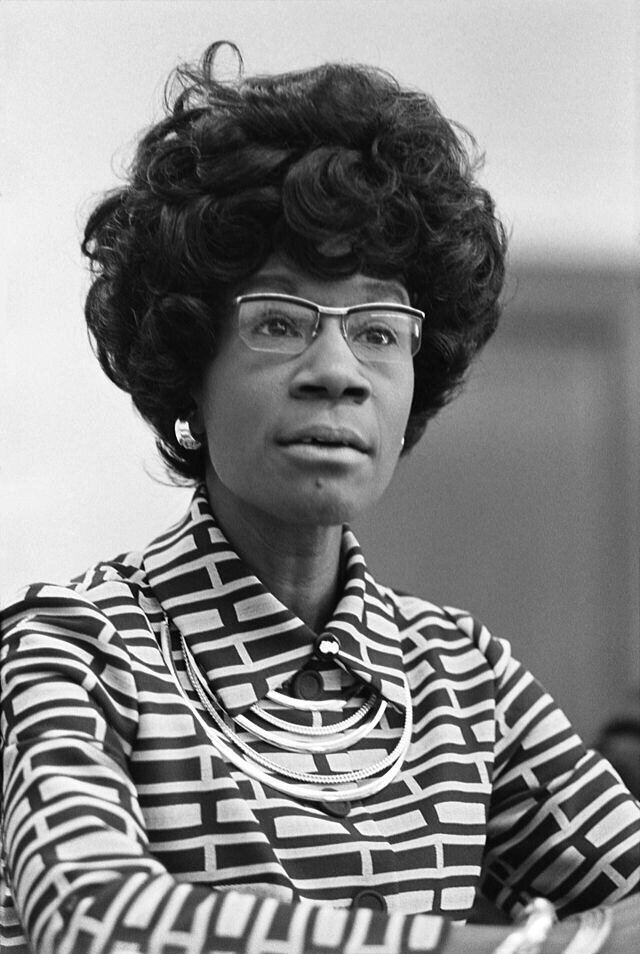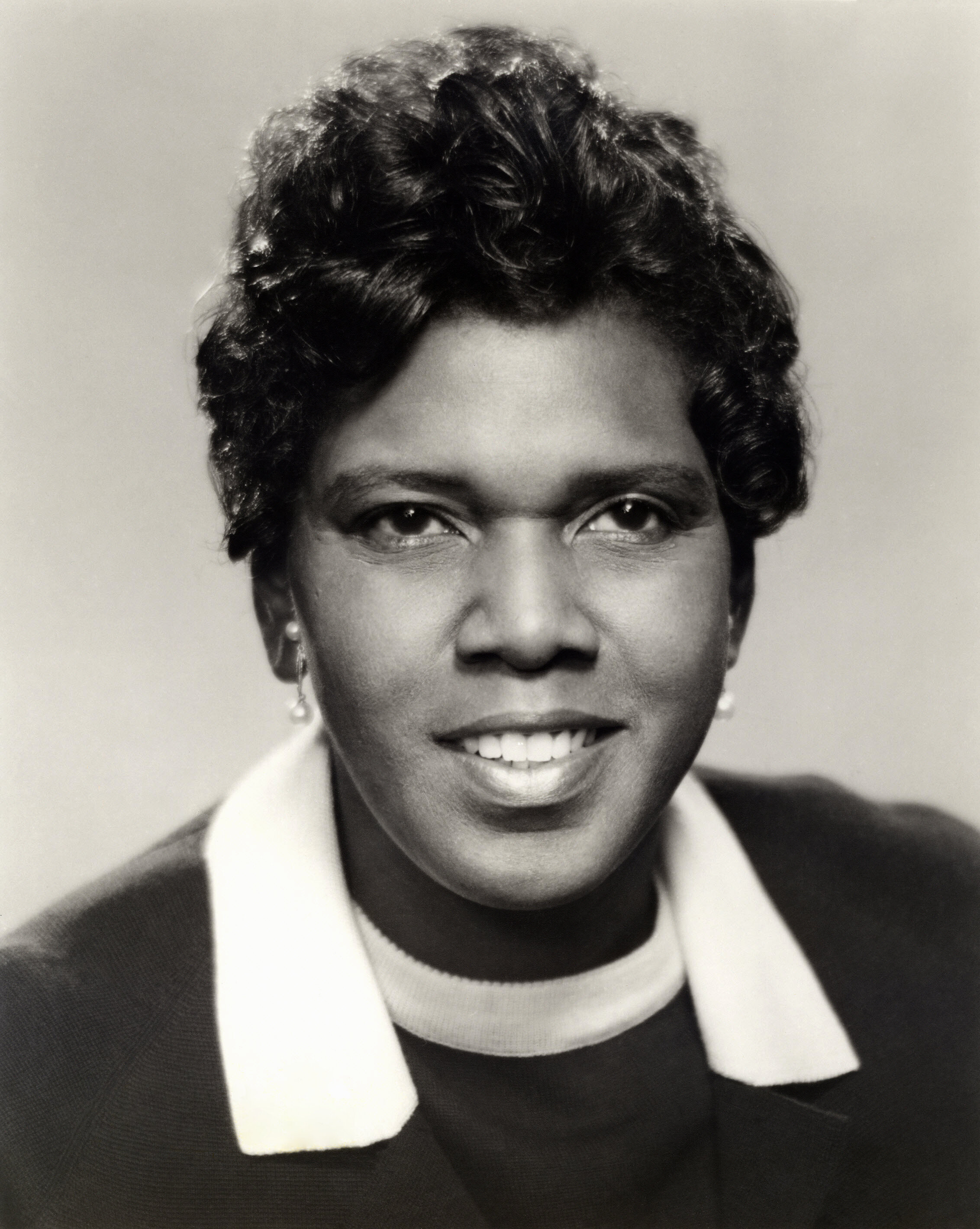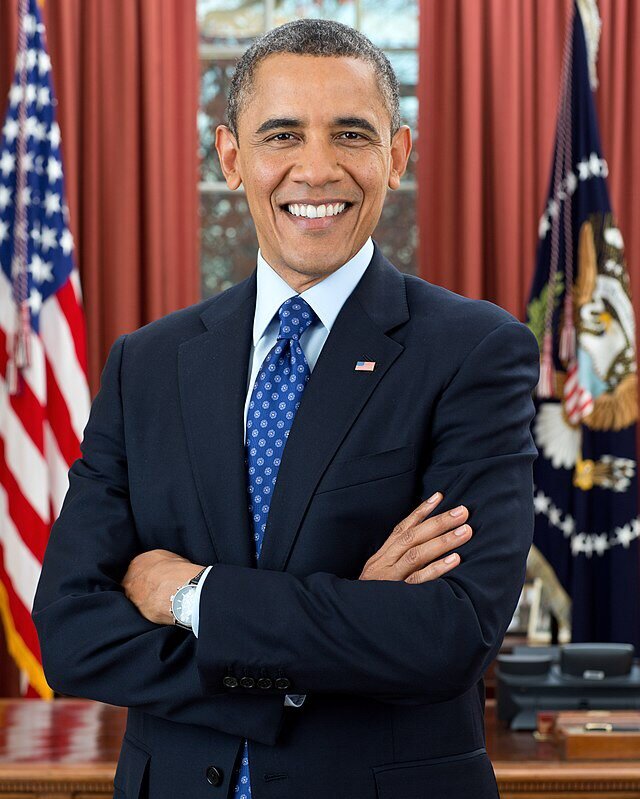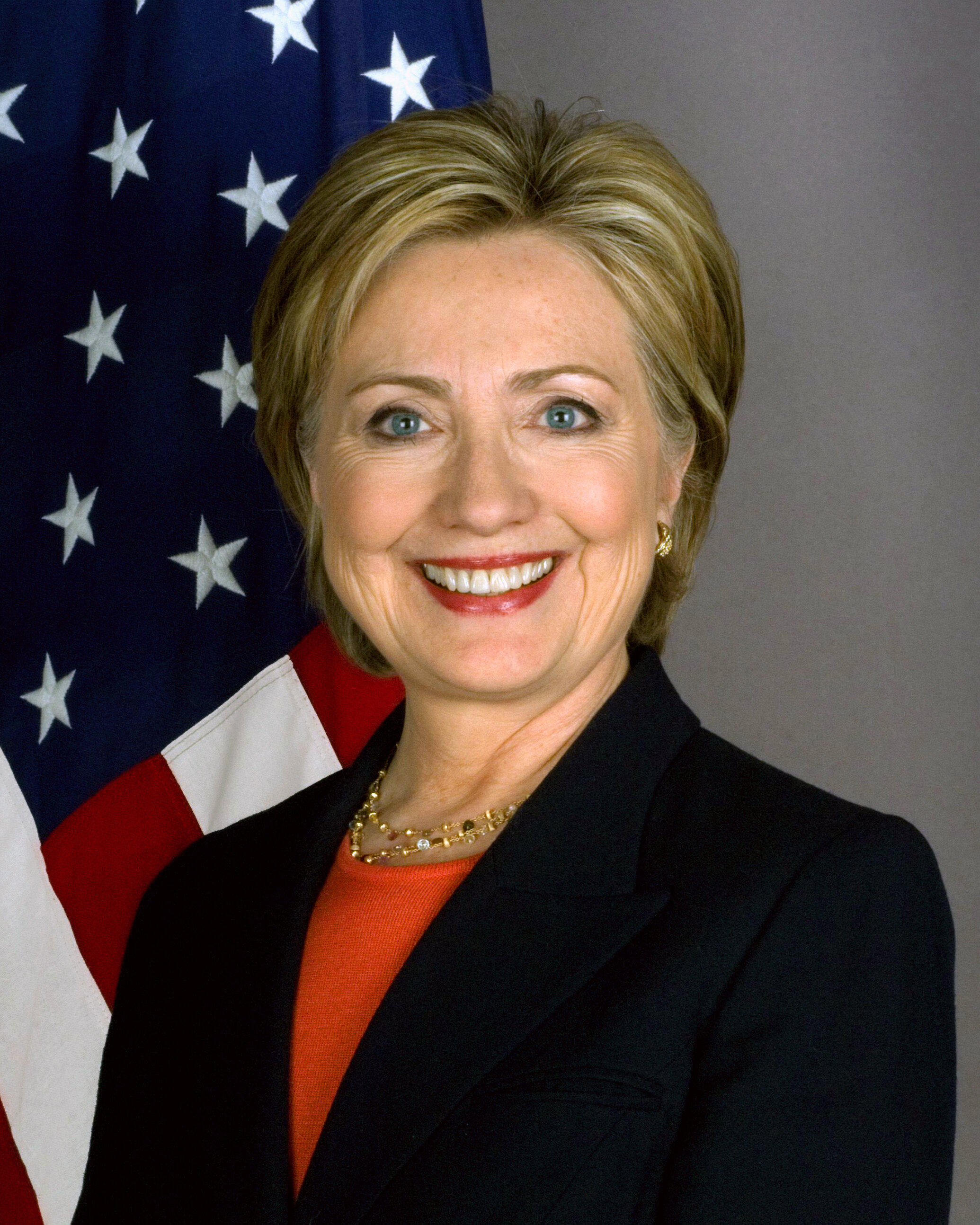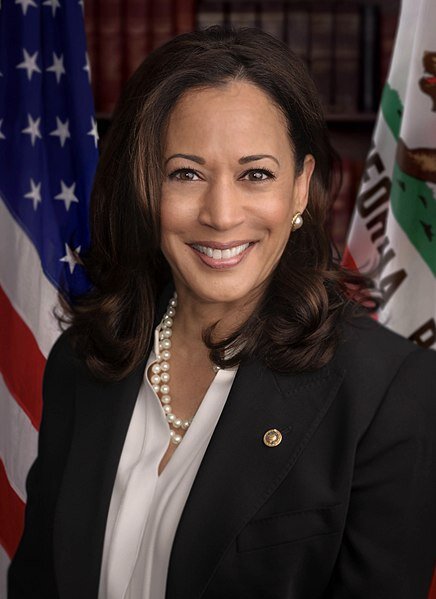The field for the democratic presidential nomination started with 20 people of diverse ethnicities, races, sexual orientations, genders, age groups and religions. But as the field, which included six women, has narrowed the two front runners are former Vice President Joe Biden and Senator Bernie Sanders, white males in their seventies. Sanders has the opportunity to become our first Jewish president. The Republican incumbent seeking re-election is also a white man in his seventies.
So far we have had 45 presidents who have all been male. In 2016, Hillary Clinton became the first woman to win the nomination of a major political party for president of the United States after losing the nomination in 2008. John F. Kennedy, our 35th president, was our first non-Protestant president (he was Catholic) and Barack Obama our 44th president was our first Black president. So far, we’ve only had two presidents who have been divorced, Ronald Reagan and Donald Trump.
In a country with a diverse population our presidents have traditionally been white Protestant men. Through the years, women and minorities have attempted to break through what has been dubbed the glass ceiling. Many have tried unsuccessfully as third party candidates. The first minority candidate to seek the nomination for presidency of a major political party was a Black woman named Shirley Chisholm. She was an American politician, educator, and author.
Just five years after the passage of the 1964 civil rights Amendment, Chisholm became the first black woman elected to the U.S. Congress serving seven terms from 1969-1983.
In 1972, she became the first black candidate for a major party’s nomination for president of the United States and the first woman to run for the Democratic Party’s presidential nomination. She was also the first woman to appear in a United States presidential debate.
U.S. Senator Margaret Chase Smith had previously run for the Republican presidential nomination in 1964.
According to Chisholm, “You don't make progress by standing on the sidelines, whimpering and complaining. You make progress by implementing ideas.”
Chisholm died in 2005 and she was posthumously awarded the presidential Medal of Freedom in 2015 by President Barack Obama.
Shirley Anita St. Hill was born November 30, 1924 in Brooklyn, New York. Her parents were immigrants from the Caribbean. Her father was a laborer and factory worker who often worked as a baker's helper. Her mother was a skilled seamstress and domestic worker. Because the St. Hills were struggling to work and provide for their daughters, Shirley and her two sisters were sent to Barbados to live with their maternal grandmother from 1929 to 1934. As a result, Shirley spoke with a recognizable West Indian accent throughout her life.
Shirley earned a Bachelor of Arts in elementary education from Brooklyn College in 1946. She met Conrad O. Chisholm, a Jamaican immigrant, in the late 1940s. He was a private investigator specializing in negligence-based lawsuits. They married in 1949.
Shirley taught nursery school while earning her MA in elementary education from Teachers College at Columbia University in 1952.
She was a Democratic member of the New York State Assembly from 1965 to 1968. In May 1965 she was honored in a "Salute to Women Doers" in New York. She argued against the state's literacy test requiring English. Chisholm argued it was normal for to people function better in their native language and it didn’t mean they were illiterate. In 1966, she led a push by the statewide Council of Elected Negro Democrats for black representation on key committees in the Assembly.
During her tenure in the New York State Assembly, she successfully advocated to have unemployment benefits extended to domestic workers and sponsored the introduction of a statewide SEEK program (Search for Education, Elevation and Knowledge) which provided disadvantaged students the chance to enter college while receiving intensive remedial education.
In 1968 she was elected as the Democratic National Committeewoman from New York State and she ran for the U.S. House of Representatives from New York's 12th congressional district. Her campaign slogan was "Unbought and unbossed". After the election, Chisholm became the first black woman elected to Congress.
After Chisholm. who represented an urban district in New York, was assigned to the House Agricultural Committee, she questioned how the assignment would benefit her constituents. Rabbi Menachem M. Schneerson suggested she use the surplus food to help the poor and hungry. Chisholm worked with republican Robert Dole to expand the food stamp program and helped create the Special Supplemental Nutrition Program for Women, Infants and Children (WIC).
She also served on the Veterans' Affairs Committee and the Education and Labor Committee. When she retired from Congress, she was the third highest-ranking member of the Education and Labor committee.
During her tenure, Chisholm established a reputation for working with her fellow congressman to create legislation and to pass bipartisan legislation. She worked to improve opportunities for inner-city residents. She supported spending increases for education, health care and other social services, and reductions in military spending. Chisholm was also a vocal opponent of the draft. She opposed the American involvement in the Vietnam War and the expansion of weapon developments.
She hired woman staff members - half of these women were black. According to Chisholm, she faced more discrimination during her New York legislative career because of her gender than her race. “Tremendous amounts of talent are lost to our society just because that talent wears a skirt.”
In 1971, Chisholm joined the Congressional Black Caucus as one of its founding members and became a founding member of the National Women's Political Caucus.
In May 1971 she cosponsored a bill with fellow New York Congresswoman Bella Abzug to provide $10 billion in federal funds for child care services by 1975. The less expensive Comprehensive Child Development Bill introduced by Senator Walter Mondale eventually passed the House and Senate, but was vetoed by President Richard Nixon who felt it was too expensive and would undermine the institution of the family.
Chisholm formally announced her presidential bid on January 25, 1972, in a Baptist church in her district in Brooklyn. She declared, "I am not the candidate of black America, although I am black and proud. I am not the candidate of the women's movement of this country, although I am a woman and equally proud of that. I am the candidate of the people and my presence before you symbolizes a new era in American political history."
Chisholm had difficulties gaining ballot access, but campaigned or received votes in primaries in fourteen states. Chisholm's base of support was ethnically diverse and included the National Organization for Women. Altogether during the primary season, she received 430,703 votes, which was 2.7 percent of the total of nearly 16 million cast and represented seventh place among the Democratic contenders.
When asked about her campaign, Chisholm replied, “I ran because somebody had to do it first. In this country, everybody is supposed to be able to run for president, but that has never really been true.”
During the 1972 presidential primary campaign, Chisholm visited her rival and ideological opposite George Wallace in the hospital soon after his shooting. Years later, Chisholm worked on a bill to establish a minimum wage for domestic workers. Wallace helped gain votes from Southern congressmen to push the legislation through the House.
From 1977 to 1981, Chisholm was elected as Secretary of the House Democratic Caucus.
After leaving Congress, Chisholm made her home in suburban Williamsville, New York and taught politics and sociology at Mount Holyoke College in Massachusetts.
Chisholm often gave speeches at colleges telling students to avoid polarization and intolerance: "If you don't accept others who are different, it means nothing that you've learned calculus."
She urged minority groups to solidify their presence at the local level and work upward to create lasting change. She campaigned for Jesse Jackson in the 1984 and 1988 presidential elections.
In 1990, Chisholm, along with 15 other black women and men, formed the African-American Women for Reproductive Freedom.
Chisholm retired to Florida in 1991 and in 1993, she was inducted into the National Women's Hall of Fame. When asked about her legacy, Chisholm said, “I want history to remember me... not as the first black woman to have made a bid for the presidency of the United States, but as a black woman who lived in the 20th century and who dared to be herself. I want to be remembered as a catalyst for change in America.”
She died on January 1, 2005.
Chisholm’s career paved the way for Hillary Clinton and Barack Obama in 2008 and for Clinton in 2016 as she became the first woman to win the nomination of a major political party for president of the United States.
California Congresswoman Barbara Lee stated in a 2017 interview that Chisholm had a profound impact on her career.
Kamala Harris launched her presidential campaign forty-seven years to the day after Chisholm's presidential campaign. Harris paid homage to Chisholm’s presidential campaign by using a similar color scheme and typography in her own 2020 presidential campaign's promotional materials and logo.
Chisholm campaign button:
Tomwsulcer / CC0






